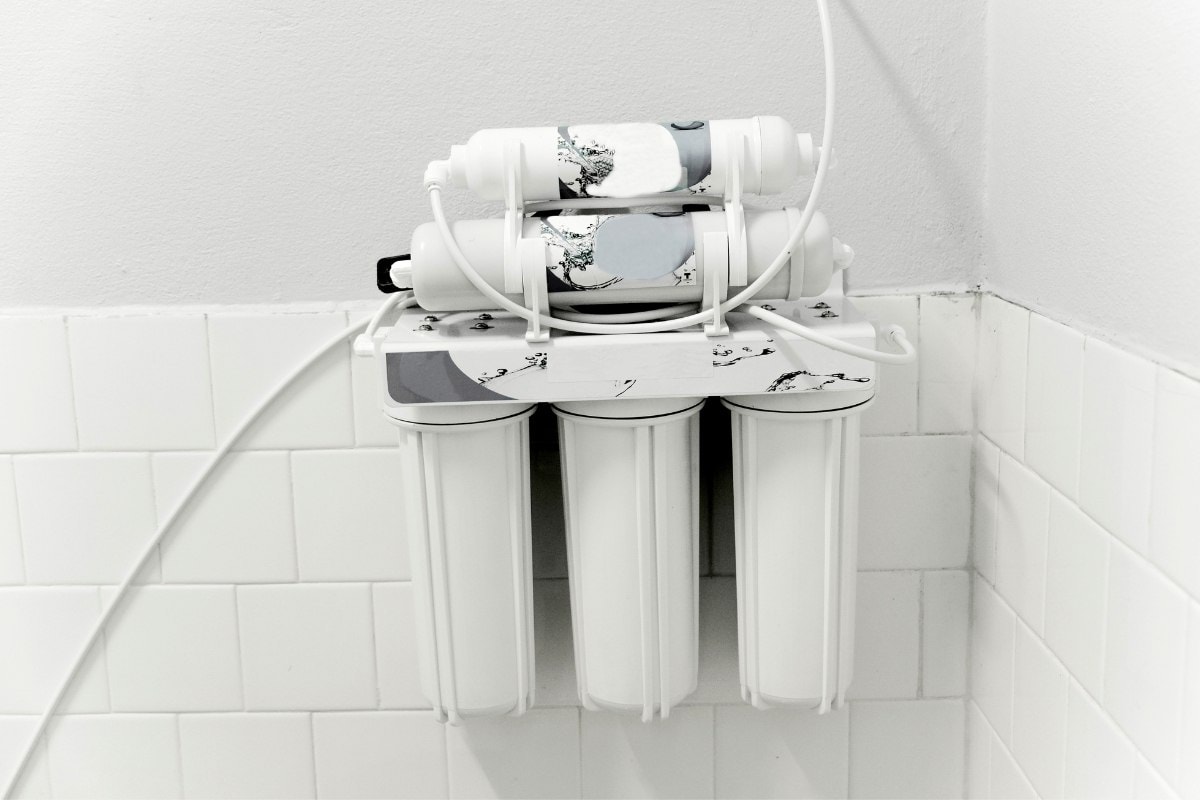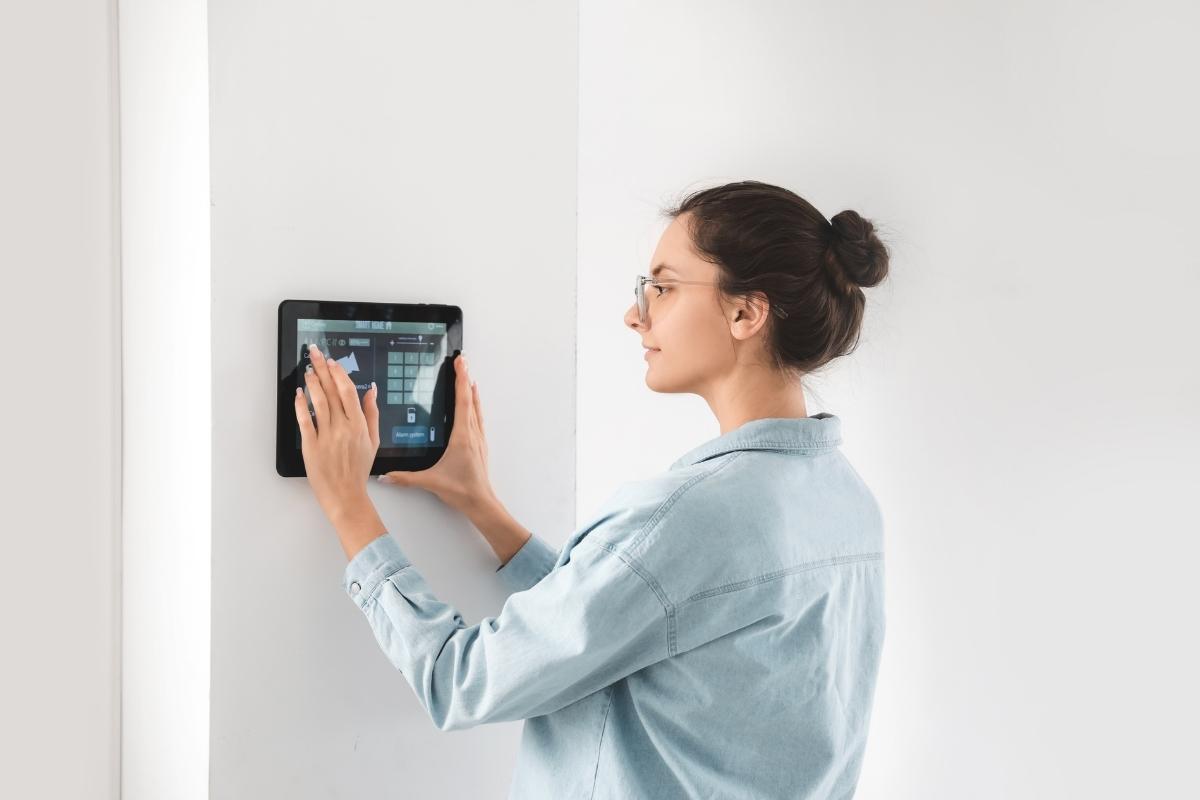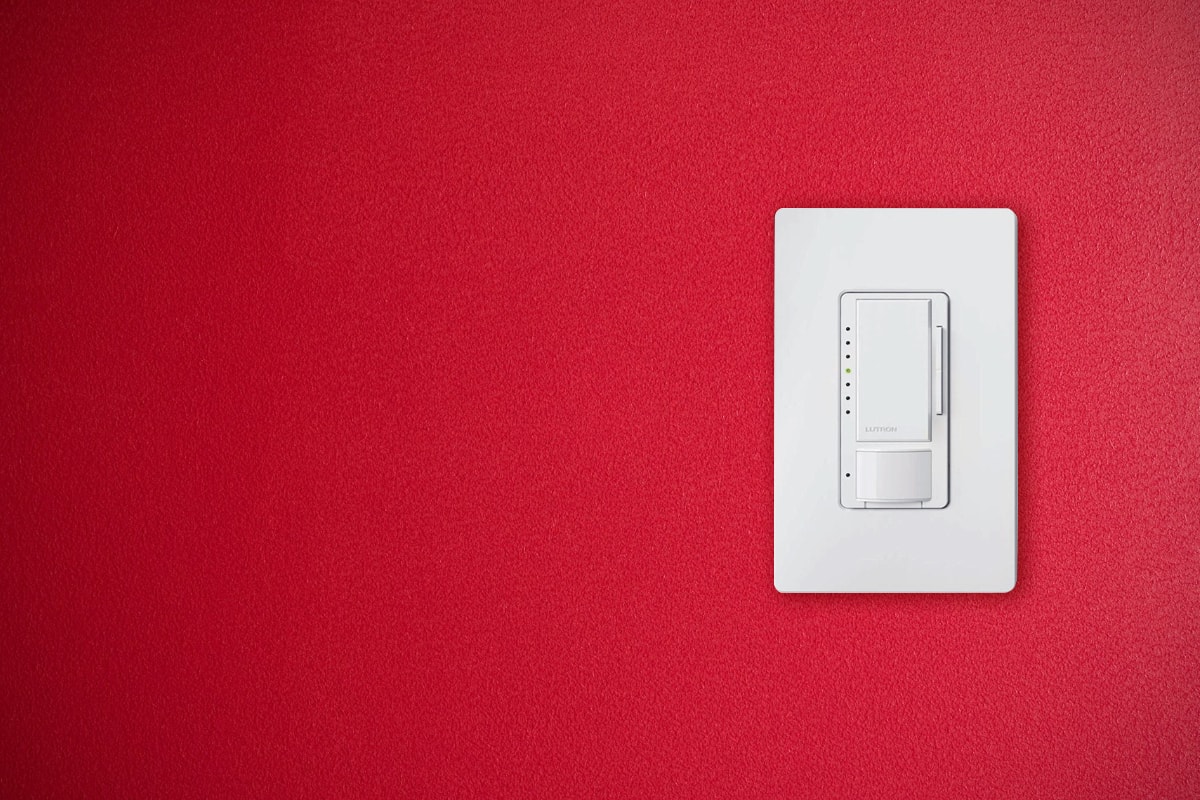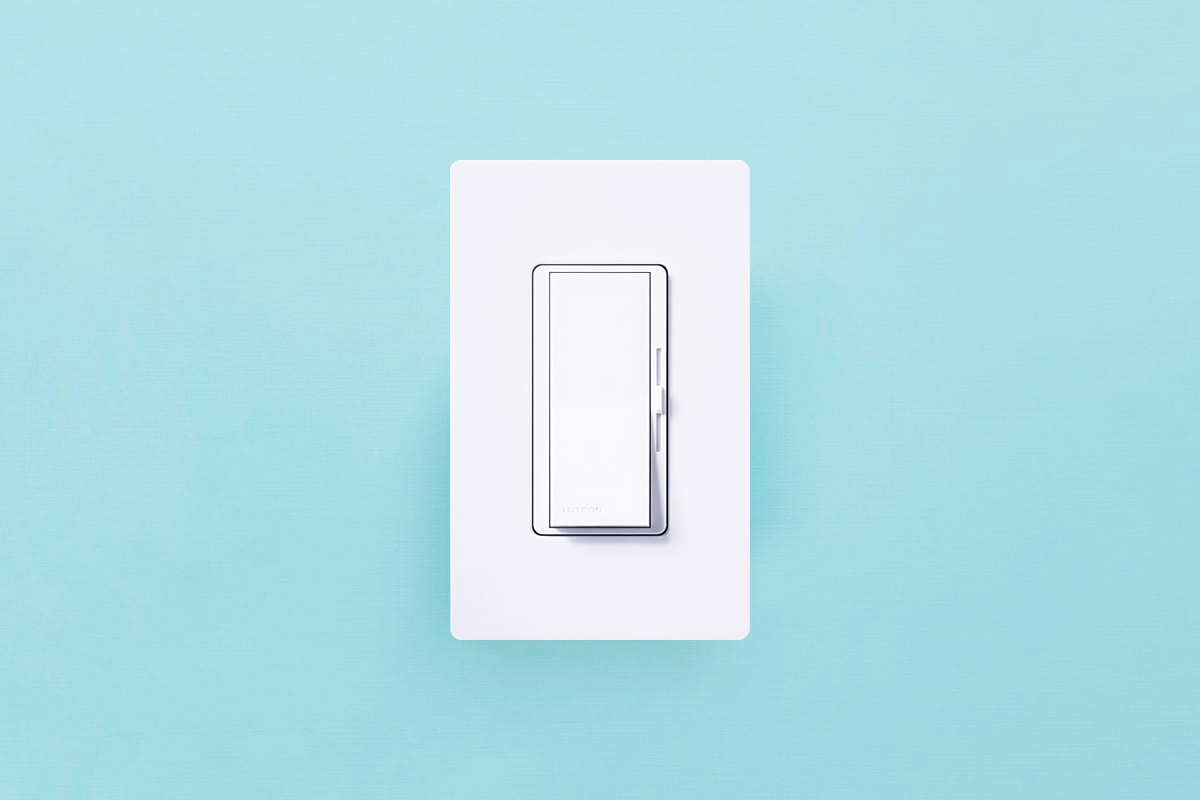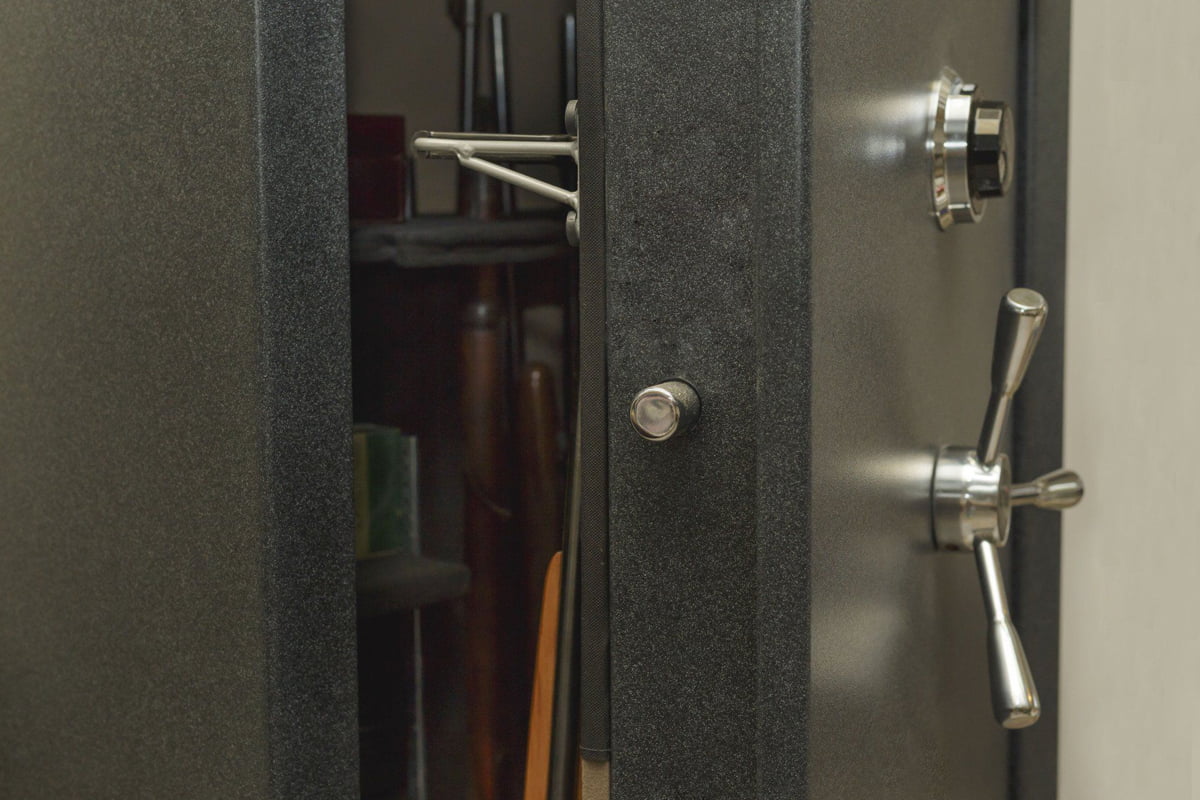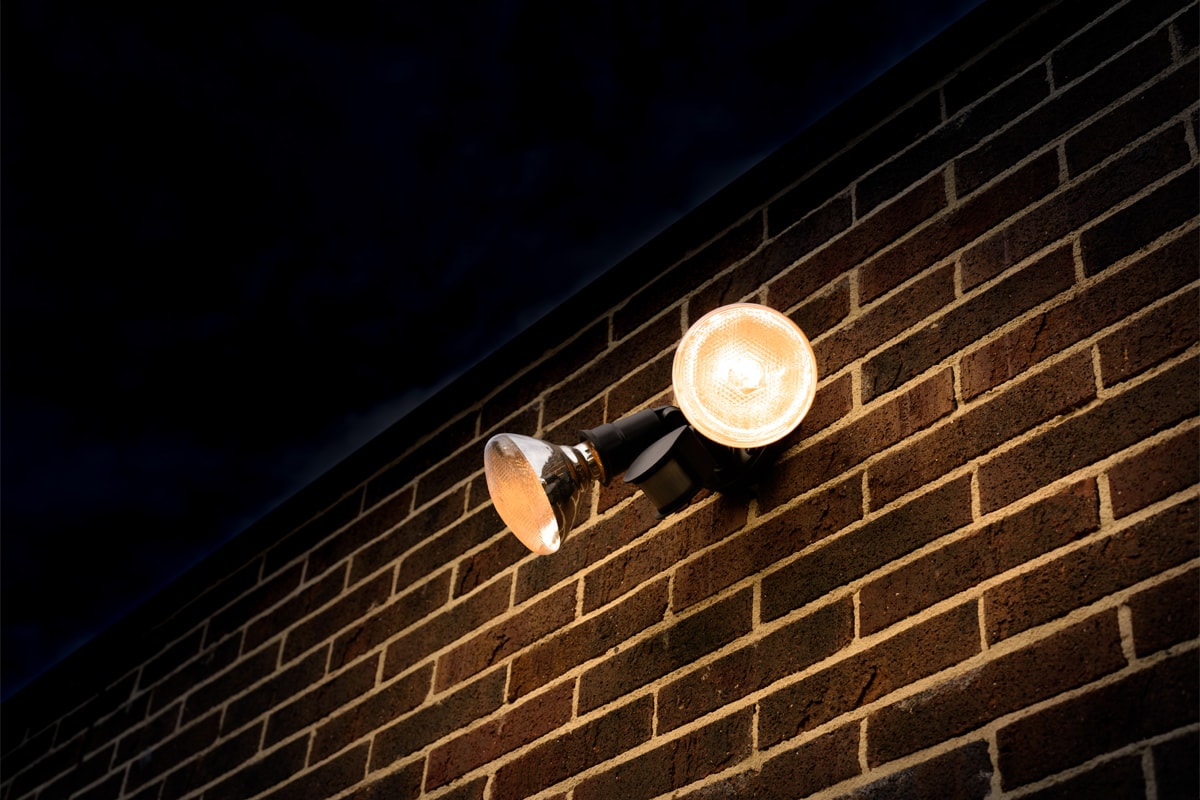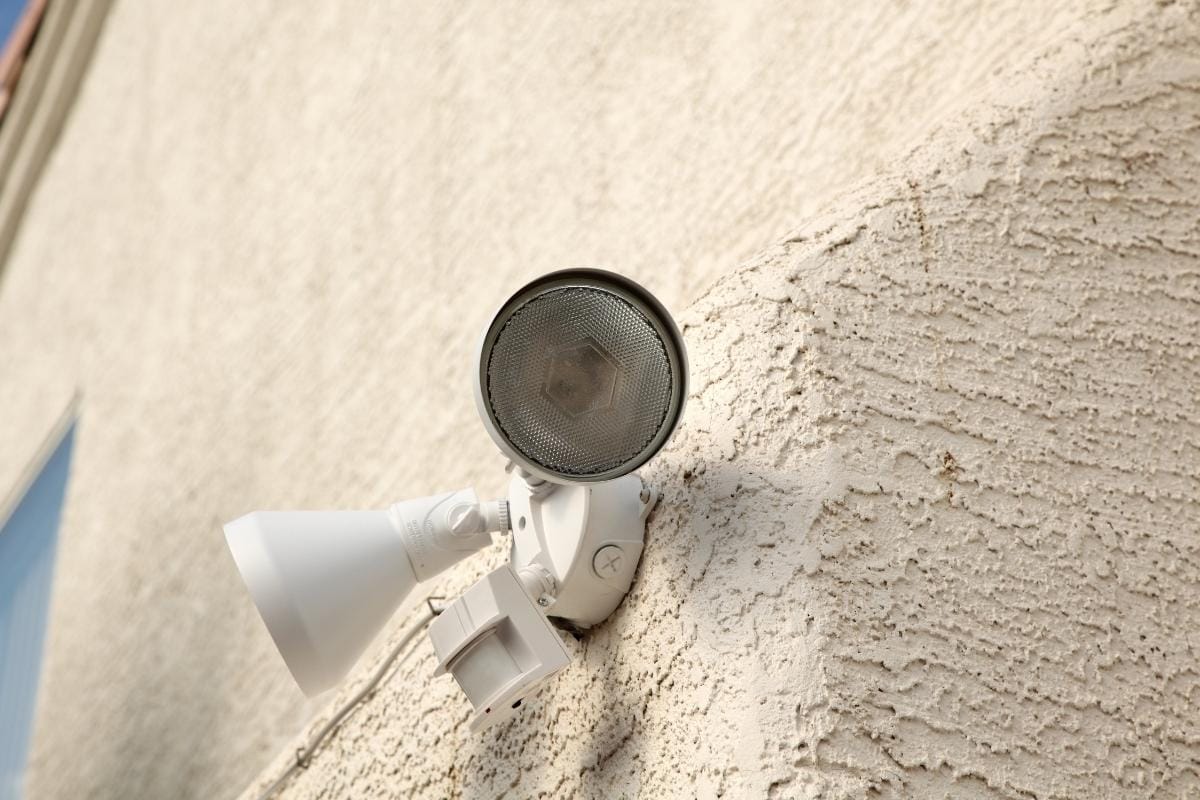Water is a basic and indispensable need in life. We need it to keep our bodies hydrated and in good health. However, not all water sources are safe for drinking or cooking. This is the reason why water purification and water treatment systems play an essential role in every community.
Homes can either install their own water purification and softener systems, or they can make use of commercial water treatment centers that can supply high-quality water. The main advantage of the latter is that you don’t have to invest in filtration and treatment equipment, but you have to depend on and trust the business that supplies it.
On the other hand, investing in water filtration systems for your home can be expensive and involves maintenance and regular water quality tests, but it can give better returns in the long run, especially for buildings, commercial establishments and homes that need huge volumes of high-quality water every day.
It’s an investment that can prove to be efficient and self-sustaining, both for residential and commercial water systems. Depending on your needs, filtration systems can effectively remove sediments, iron, rust, chlorine, volatile organic compounds (VOCs), bacteria and other pollutants. The following are common water filtration systems:
Carbon Block Filter
Carbon block filters are effective in removing chlorine and other VOCs.
Ceramic Filter
Ceramic filter is mainly used to filter out sediments or large particles, but not for drinking water.
Distillation System
Distillation systems involve boiling water and collecting condensed vapor. Equipment can be expensive, but it’s effective in killing bacteria that cannot live beyond water’s boiling point.
Reverse Osmosis
Reverse Osmosis is a very slow process but an economical choice. It can remove organic and inorganic contaminants like colloids, pyrogens, dissolved solids and heavy metals.
Water Softener
Calcium, magnesium, barium, and rust can build up on water supply as they pass through pipes, and these can affect surfaces like your clothes, sink, glasses etc. Soft water is best for household use and the process utilizes ion exchange to decrease chemical concentration.
UV Sterilizer
UV sterilizers can remove bacteria, viruses and microorganisms that typically cause diarrhea and other gastrointestinal problems. However, it cannot filter out hard water sediments and dissolved contaminants.
Ionizer
Also called as alkaline ionizer, an ionizer is a device attached to home water systems that changes water pH levels from acidic to basic. Alkaline water has pH levels between 7 to 10 and this is within similar pH levels of that of fresh spring water. This is usually recommended for health benefits, as higher pH levels can help control your body’s acidic levels, act as an anti-oxidant and improve cellular processes.
There are also other types like reverse osmosis, ozone, UV and activated carbon filter systems. Each one has its own advantages and disadvantages in terms of the type of contaminants filtered.

